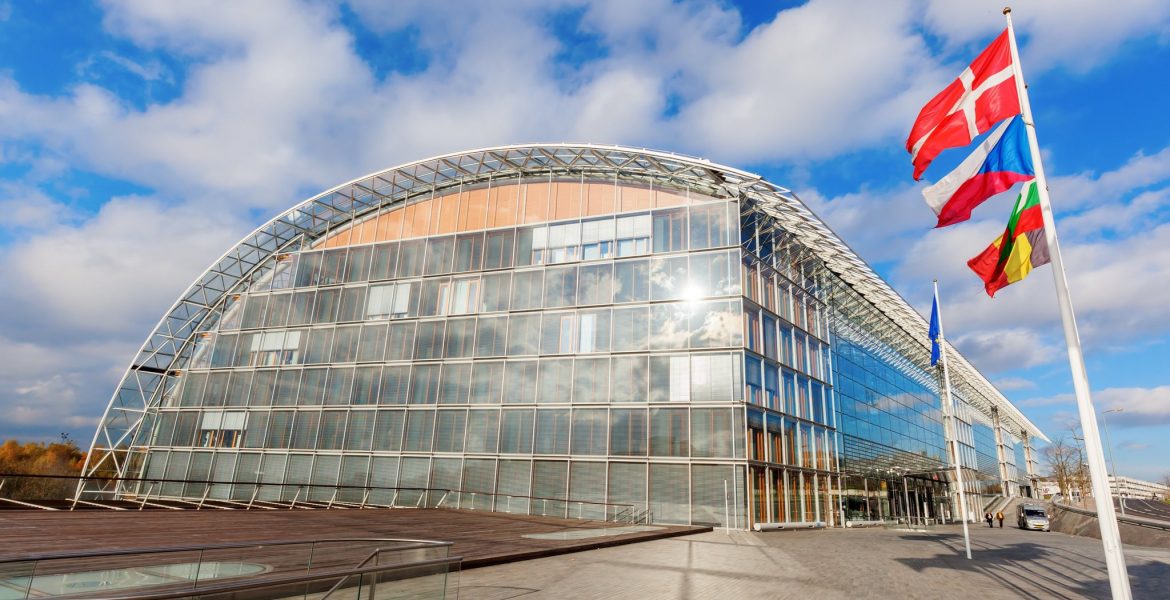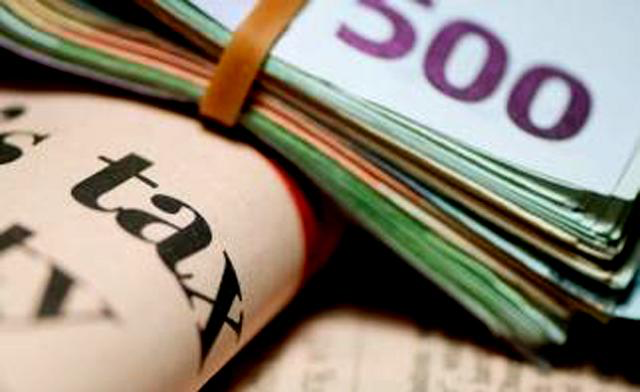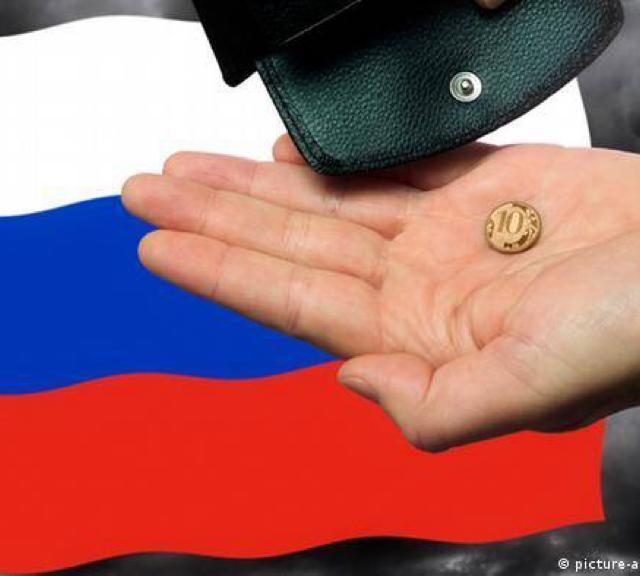The European Investment Bank (EIB) has approved EUR 10.2 billion of new financing to support business investment and strengthen economic resilience to COVID-19, accelerate the green energy transition, expand sustainable transport and improve health, education, social housing and urban development.
“The COVID-19 pandemic is not yet over, and economic consequences continue to be felt around the world. At the same time, the flood catastrophe in central Europe is a stark reminder that climate change adaptation is an increasingly urgent challenge for Europe too. My thoughts and those of my colleagues are with the victims, their families, and the communities hit by this latest natural disaster. The EIB stands ready to support rebuilding and recovery efforts,” said Werner Hoyer, President of the European Investment Bank.
The Board of Directors of the EIB, meeting today in Luxembourg, approved new financing to support high-impact investment across Europe and around the world.
€3.8 billion to strengthen pandemic recovery and corporate RDI
The EIB approved new local financing schemes to support investment by businesses most impacted by the COVID-19 pandemic with banking partners in Belgium, Denmark, Finland, France, Ireland, Italy, Luxembourg, Montenegro, the Netherlands, Portugal, Spain and Sweden.
The EIB will also provide direct financing to scale up corporate innovation in artificial intelligence, digital security, research and development of semi-conductors and medical devices, and more energy efficient paper and ceramic production.
New EIB financing will help unlock private sector investment through targeted circular economy, sustainability, leasing and bridge financing schemes.
€2.4 billion for renewable energy and clean energy networks
Financing for new projects to scale up wind energy across Austria, increase solar power generation in Spain and improve district heating in France and Lithuania was also approved by the EIB.
The board also agreed to back projects to upgrade energy networks in the Czech Republic, the Netherlands and between North Macedonia and Greece essential to replacing fossil fuel use and acceleration the green transition.
€2 billion for education, health, social housing and urban development
Researchers and students at Stockholm University and the Swedish Royal Institute of Technology, as well as the Polish Academy of Sciences and Poland’s National Science Centre, will benefit from new laboratories and teaching facilities following EIB backing for new education investment approved today.
The EIB also confirmed support for hospital investment in the Italian city of Genoa, Finnish town of Vaasa and at Cluj in Romania and supporting pharmacies and medical services in underserved regions of France.
Families in Germany and Latin America will benefit from better homes following EIB backing for social and affordable housing in the Bavarian city of Erlangen and support for energy-efficient homes across Colombia and Peru.
The board also gave the green light for investment to improve municipal services and urban development in the Latvian city of Jurmala and across the Polish regions of Silesia and Lower Silesia, alongside a new initiative to upgrade public sports facilities across France.
€796 million for sustainable transport
The EIB agreed to finance the upgrading of trams in the Bulgarian capital Sofia and German city of Magdeburg, as well as zero-emission buses and a new bicycle network in the Austrian city of Graz and improved access to the Croatian port of Rijeka.
Work to upgrade the Plovdiv – Burgas railway, a key Trans-European rail route, and motorway links in northern Italy will also be backed by the EIB.
€62 billion COVID response and EUR 125 billion mobilised though European Guarantee Fund
Since the start of the COVID-19 pandemic the EIB has approved more than EUR 62 billion of new financing for health investment, vaccine procurement and economic resilience across Europe and around the world.
This includes mobilising EUR 125 billion of new business investment to support companies most impacted by COVID-19 through EUR 16 billion approved to date by the dedicated European Guarantee Fund, established by the EIB Group and EU member states within weeks of the pandemic.




